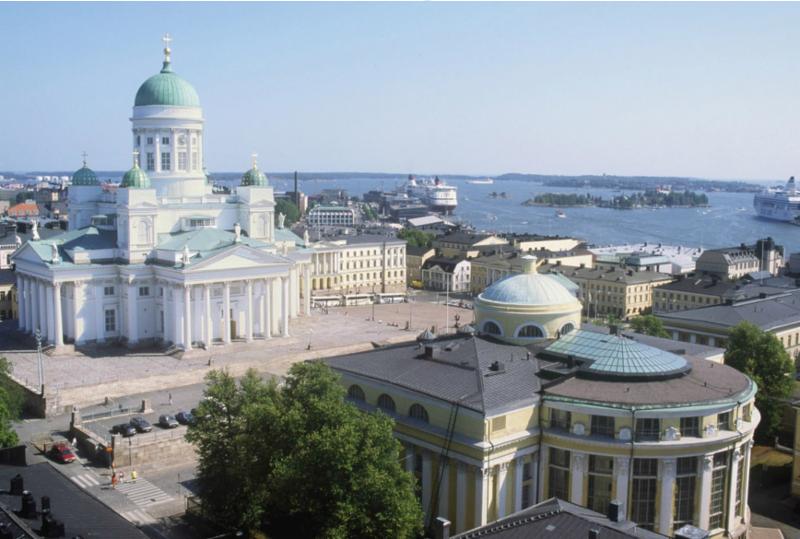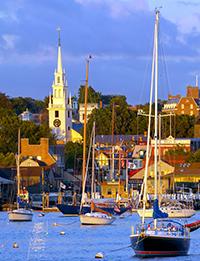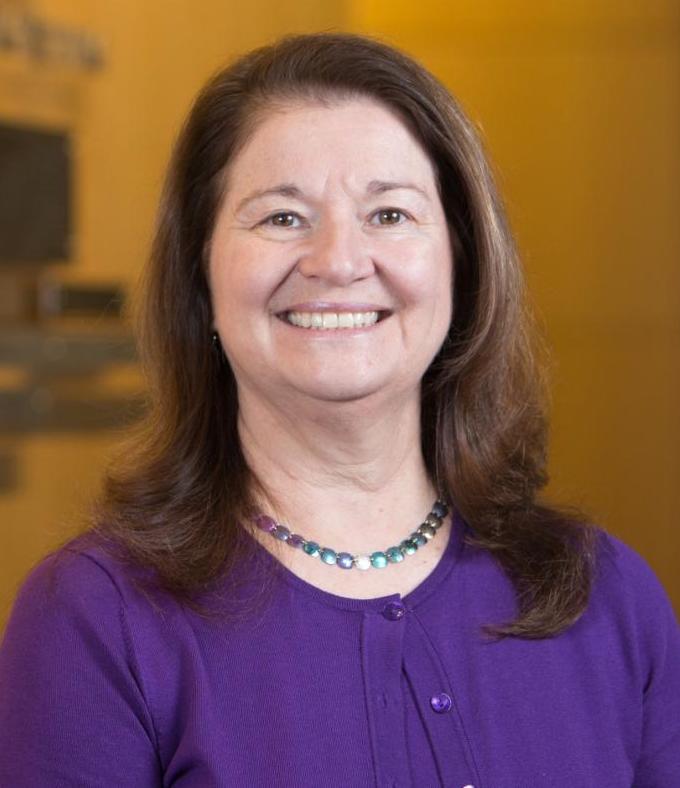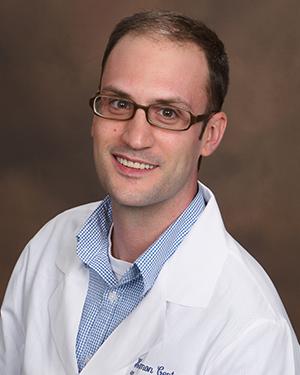
Shop at Amazon?
Help Support NAVBO
|
 20th IVBM
Helsinki, Finland
June 3-7, 2018
20th IVBM
Helsinki, Finland
June 3-7, 2018
Registration and Abstract Submission now open!
Vasculata 2018
St. Louis, MO
July 23 - 26, 2018

Vascular Biology
Newport, RI
October 14-18, 2018
|
Congratulations to
Angiogenesis!
The new 2016 impact factor for
Angiogenesis has increased to
5.253*.
* 2016 Journal Citation Reports (Clarivate Analytics, 2017)
|
|
|
|
Message from the President
|
Dear NAVBO Members,

As we approach the end of the year, I'd like to reach out to the NAVBO membership to briefly highlight events of the past year and let you know of exciting opportunities and initiatives in 2018.
Vascular Biology 2017 was very successful and most attendees were very happy with the new pairing of the Developmental Vascular Biology and Genetics Workshop with the Vascular Matrix Biology and Bioengineering Workshop. The session proposed and organized by NAVBO member, Juan Melero-Martin, Bioengineering Organ-Specific Vasculatures, was well received as was the Vascular Therapeutics session co-organized by Weilan Ye with Past President Jan Kitajewski. In 2018, our member proposed sessions are Resolution of Inflammation (Ira Tabas and Jennifer Allport-Anderson) and Vascular Therapeutics (Zorina Galis and Christopher Vlahos). We are looking forward to these sessions, as well as the workshops, and hope that NAVBO members will continue to propose outstanding and thought provoking topics. Look for details in a future newsletter concerning proposals for the 2019 meeting.
I want to remind you about some important meetings this year:
We will soon begin our search for the host of the 2019 Vasculata. If you are interested in organizing Vasculata at your institution, please see
http://www.navbo.org/vasculata-host. Proposals should be sent to the NAVBO office by February 20, 2018. The Education Committee will review the submissions and choose the organizers and venue.
And speaking of the Education Committee - they have been hard at work on several projects. You have probably seen the listing of training programs (
http://www.navbo.org/resources/trainingprograms); they are also working on an outreach program for high school students and a webinar series for NAVBO members. News about the webinars will be published in this newsletter soon. If your training program is not listed, please send your information to Anita Pustelnik (
[email protected]) and we will get it posted for you!
Finally, please support NAVBO by renewing your membership and urging your students and colleagues to join as well! In addition, please consider making a tax-deductible contribution to NAVBO -
http://www.navbo.org/sponsor-support/donate. With your help we can continue to grow the field of vascular biology, support trainees, and provide exciting meetings.
On behalf of the NAVBO Council, Happy Holidays, and we wish you a safe and productive 2018.
Cecilia Giachelli, Ph.D.
NAVBO President, July '17-June '18
|
|
Lessons Learned
(full article was in the Nov 2 issue)
|

Ill Communication
by Michael Dellinger,
UT Southwestern Medical Center
Music has always been an important part of my life. I enjoy listening to songs and trying to find the message in lyrics. When I started my lab in 2014, I was the only person in the lab for approximately two months. This was a chance for me to play my favorite albums in the lab, and I listened to "Ill Communication" by the Beastie Boys at least once every other day. As people joined my group, I discovered that I had ill communication. Sometimes I had a hard time getting my
ideas across to the people in my lab. Below are a few suggestions that have helped me become a better communicator and a more efficient and effective leader.
If you are interested in sharing your lessons learned, contact the NewsBeat/Newsletter Editor, William Huckle, at
[email protected].
|
Outstanding Poster Awards at Vascular Biology 2017
Oops! Although we included photos in our October 26 issue of the newsletter, we neglected to list those that were not there to receive their certificates. Silvia Moleri, University of Milan, received the Outstanding Poster Award for a Postdoctoral Fellow in the Developmental Vascular Biology and Genetics Workshop; Agnes Soos, University of Toronto, Graduate Student in Vascular Matrix Biology and Bioengineering; and Audrey Cleuren, University of Michigan, Postdoctoral Fellow in General Vascular Biology. Pictured in our October 26 issue (
http://conta.cc/2gNqili) were: Hugh Bender, University of California, Irvine; Marco Castro, Uppsala University; Hilary Clay, University of California, San Francisco; Laura Gutierrez Miranda, German Cancer Research Center (DKFZ); Angela Troiai, NHLBI/NIH; and Charlene Watterston, University of Calgary.
Congratulations to all of our winners!
|
The Lab of Dr. Michael Dellinger
|
Welcome to our Newest Member:
Chris Mantsounga, Rhode Island Hospital
|
|
Recent Publications by NAVBO Members
|
| NOTCH3 regulates stem-to-mural cell differentiation in infantile hemangioma
Journal of Clinical Investigation Insight
Infantile hemangioma (IH) is a vascular tumor that begins with rapid vascular proliferation shortly after birth, followed by vascular involution in early childhood. Read more Eph-B4 regulates adaptive venous remodeling to improve arteriovenous fistula patency
Scientific Reports
Low rates of arteriovenous fistula (AVF) maturation prevent optimal fistula use for hemodialysis; however, the mechanism of venous remodeling in the fistula environment is not well understood. Read more Mechanisms of angiogenesis in microbe-regulated inflammatory and neoplastic conditions
Angiogenesis
Commensal microbiota inhabit all the mucosal surfaces of the human body. It plays significant roles during homeostatic conditions, and perturbations in numbers and/or products are associated with several pathological disorders. Read more Integrating light-sheet imaging with virtual reality to recapitulate developmental cardiac mechanics
Journal of Clinical Investigation Insight
Currently, there is a limited ability to interactively study developmental cardiac mechanics and physiology. The authors therefore combined light-sheet fluorescence microscopy (LSFM) with virtual reality (VR) to provide a hybrid platform for 3D architecture and time-dependent cardiac contractile function characterization. Read more Nox, Reactive Oxygen Species and Regulation of Vascular Cell Fate
Antioxidants (Basel)
The generation of reactive oxygen species (ROS) and an imbalance of antioxidant defence mechanisms can result in oxidative stress. Several pro-atherogenic stimuli that promote intimal-medial thickening (IMT) and early arteriosclerotic disease progression share oxidative stress as a common regulatory pathway dictating vascular cell fate. Read more Alcohol Reduces Arterial Remodeling by Inhibiting Sonic Hedgehog-Stimulated Stem Cell Antigen-1 Positive Progenitor Stem Cell Expansion
Alcohol, Clinical and Experimental Research
BACKGROUND: Cell and molecular mechanisms mediating the cardiovascular effects of alcohol are not fully understood. Our aim was to determine the effect of moderate ethanol (EtOH) on sonic hedgehog (SHh) signaling in regulating possible stem cell antigen-1 positive (Sca1+ ) progenitor stem cell involvement during pathologic arterial remodeling. Read more |
Industry News (from the November 2 issue)
|
|
Has peer review lost its teeth in academic journals?
As scientists with a desire and need to publish findings from our research, we rely on the integrity of the review process to maintain confidence in the rigor of published work-ours and that of our colleagues. With the explosion in the number and aggressive tactics of pay-to-publish journals, is that faith justified? Patrick Kiger writes that academicians "...fear that many of the publications, which provide access to information online without subscriptions and depend upon accepting articles to make income, have an incentive to publish studies regardless of whether they're credible and scientifically sound." Moreover, the peer-review process may have been weakened to the point that it has become difficult to "...prevent a lot of dubious findings from getting into circulation."
Academic Bullying - Past, Present, and Future
Faculty Incivility: The Rise of the Academic Bully Culture and What to Do About It, by Darla Twale and Barbara DeLuca from the University of Dayton, was published in 2008, but, judging by the tone of reader comments available, has not diminished in relevance. The publisher (Jossey-Bass) notes that "this important book addresses the prevalence of faculty incivility, camouflaged aggression, and the rise of an academic bully culture in higher education. The authors show how to recognize a bully culture that may form as a result of institutional norms, organizational structure, academic culture, and systemic changes. Filled with real-life examples, the book offers research-based suggestions for dealing with this disruptive and negative behavior in the academic workplace." Rare is the member of the academic community who could not offer up a few case studies from their own experience or observation.
|
|
|